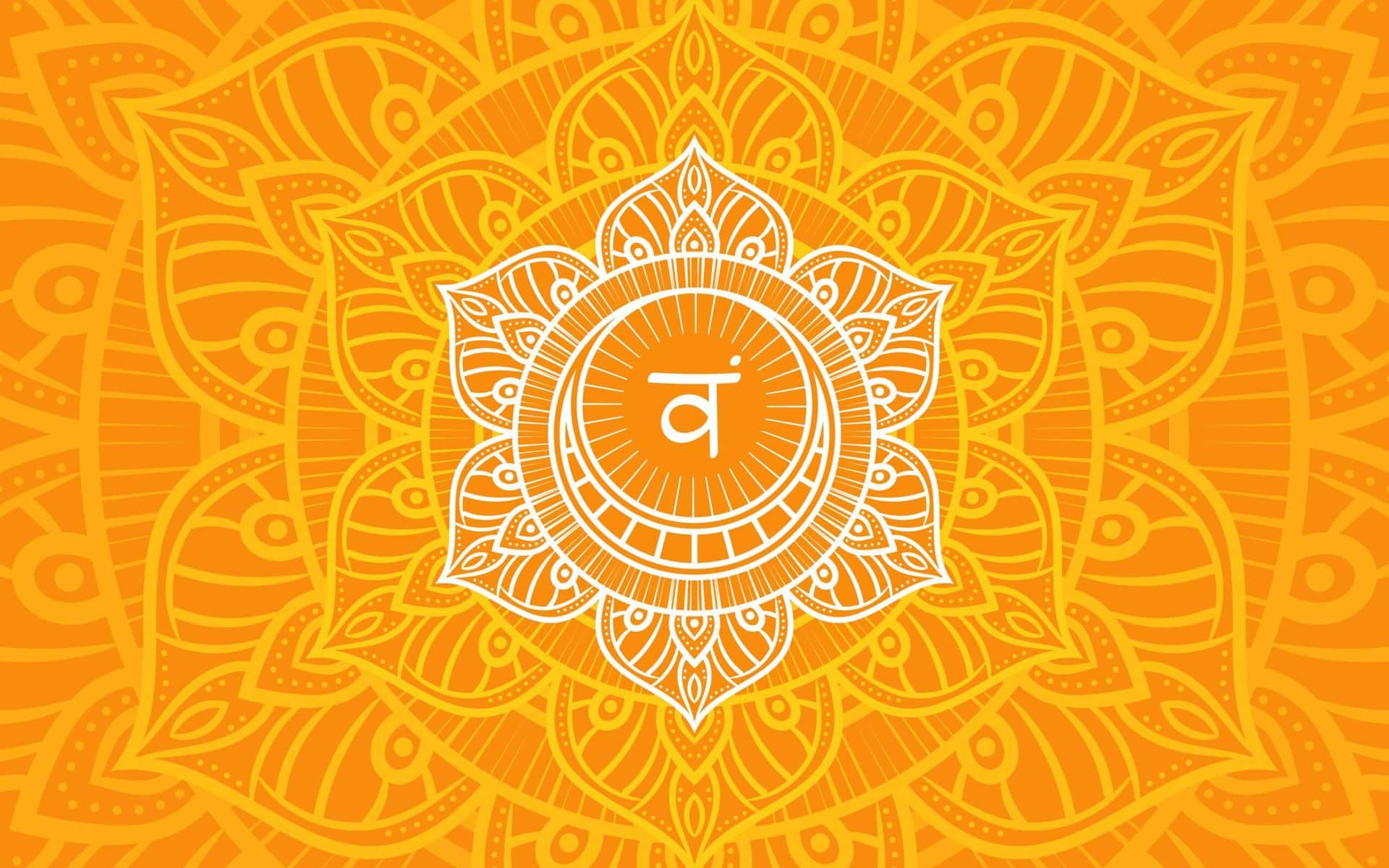Why Is Individualized Care for Addiction Important?
No two people are exactly alike. You are unique and perceive and experience things differently than everyone else. When it comes to addiction, the same is true. How you respond, experience, and cope with substance abuse is specific to you. The way you process it and relate to your addiction can depend on personality, past trauma, any co-occurring disorders, and many other factors.
While any form of treatment is better than none at all, you will benefit far more from therapy and strategies that are assigned to address every angle. It is important to seek and select a treatment facility that is going to focus on you as an individual and will take the time to discover anything and everything that could have led to and reinforced your addiction. There are many advantages to having a treatment plan designed to address your specific needs.
What Is Individualized Care?
Individualized care refers to focusing on the person or client as an individual and avoiding using generalized strategies or plans for treatment. This is important in all forms of clinical care, as everyone has different needs, strengths, and goals. When it comes to addiction, substances used will vary, childhood experiences and environments will vary, other presenting diagnoses with vary, and lifestyles will vary.
It is so important to focus on a client’s specific situation to ensure treatment methods and strategies are going to be effective long-term. You need to be able to carry skills and knowledge with you after completing treatment and entering back into your life in recovery. Enlightened Solutions is careful to consider everyone’s specific situation upon admission. Our treatment team members meet daily to consistently ensure the best ongoing care for each client. We adapt your treatment plan as you go through the process and grow in your recovery.
Addressing Trauma
We know that trauma can have a significant impact on addiction and can even be the cause of substance abuse for many. It can be common to begin using opioids, benzos, alcohol, or other substances to try to cope with the side effects or memories of trauma. Additionally, substance abuse can increase the risk of experiencing trauma as you are more likely to be exposed to risky situations.
At Enlightened Solutions, all of our therapists are trauma-informed and approach treatment with the knowledge of how trauma can impact addiction and recovery. During your initial assessment, a full evaluation will be conducted to determine whether there is any presenting or underlying trauma that you may have experienced that could be impacting your behavior or thought patterns. It is important to address these issues to ensure you are able to remain sober and stay on track throughout recovery. We provide you with the tools to cope with and process your trauma in a way that supports your recovery. Learn more about our trauma track here.
Addressing Co-occurring Disorders
Another important purpose of a thorough assessment at intake is to identify any co-occurring disorders that may exist. This is important because having anxiety, depression, or any other mental health diagnosis can impact how you respond to treatment and can affect things like mood, motivation, sleep, and more. It is critical to understand how your diagnosis may affect you as you begin to adjust to life without drugs or alcohol.
Co-occurring disorders can be extremely common among those with addiction. Many will choose to self-medicate using drugs or alcohol and attempt to cope with symptoms of depression, anxiety, or mood disorders. Learn more about the relationships between substance abuse and mental illness here. Enlightened Solutions can provide you with the care and support needed to address your mental health while treating your substance use disorder (SUD).
A few of the common disorders that can often co-occur with SUD include:
- Anxiety
- Bipolar disorder
- PTSD
- Personality/mood disorders
- Schizophrenia
- Eating disorders
- ADHD
When you decide to seek help and pursue treatment for drug or alcohol addiction, you want to be sure that you are selecting a facility that is going to take the time to really get to know you and understand your needs. Enlightened Solutions makes it a point to focus on every client as an individual to ensure we address the specific behaviors that lead to your addiction and help you learn to avoid them. We utilize various therapy techniques to treat the whole person and create lasting changes to support you and your lifelong recovery. Recovering from addiction is not easy but is very possible with the right support and strategies.
Individualized care for substance abuse is essential to success in treatment and throughout recovery. It is important to learn coping mechanisms and strategies that are applicable to your life and specific situation. It is also important to be aware of and address any trauma or co-occurring disorders that may be present, as these can affect your experience and responses to treatment. Enlightened Solutions specializes in individualized, holistic treatment for addiction. We aim to develop treatment plans for each client that address their needs as an individual. Our clinical team meets daily to assess the progress of each client and ensure treatment plans are appropriate and will continue to be effective. If you or someone you love is struggling with drug or alcohol addiction, we would love to help. To receive the best, individualized care for your addiction, or to learn more about your treatment options, give Enlightened Solutions a call today at (833) 801-LIVE.



